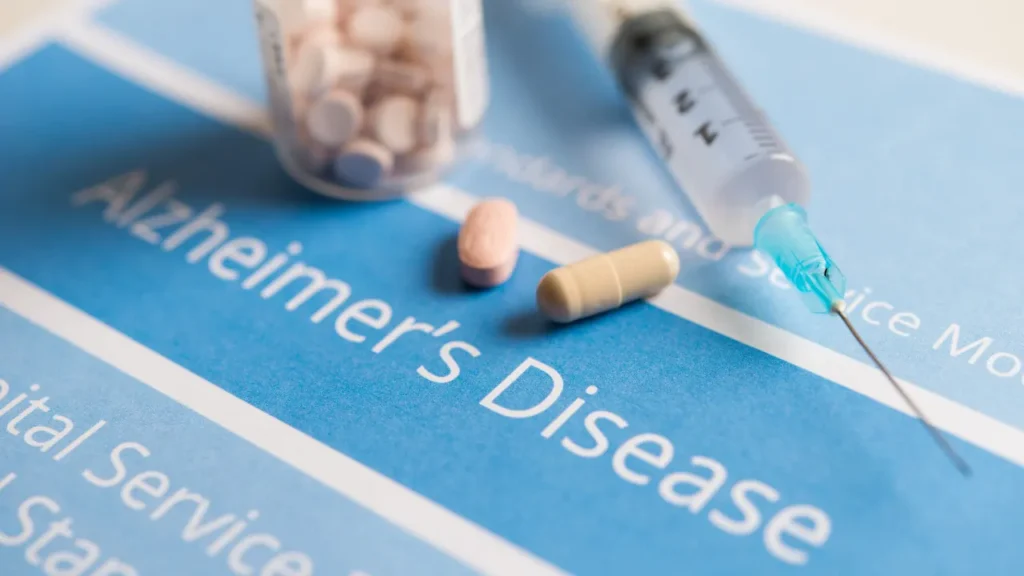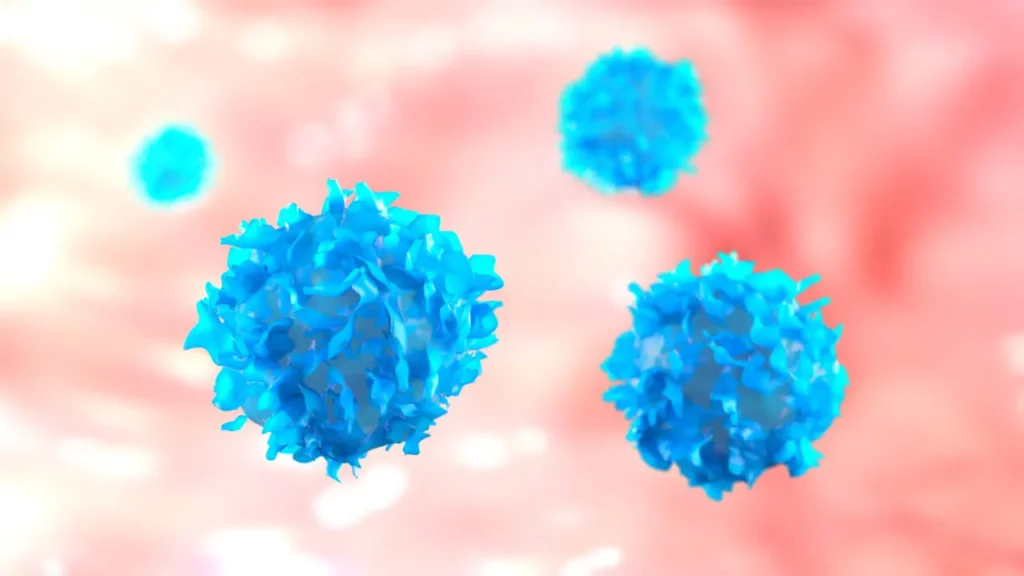The plant panax ginseng, often known as Korean ginseng or Asian ginseng, has been widely used in traditional medicine for many years, especially in East Asia. The nature, health advantages, recommended dose, potential side effects, interactions, and responsible use of this well-known herbal supplement will all be covered in this article. We’ll delve into the chemistry of panax ginseng and give you a comprehensive grasp of the physiological processes that control how it affects the body and the brain.
You May Also Like:
The Best Mushroom Supplements for Memory: 5 Top Brands Reviewed
Salacia: Benefits, Dosage, Side Effects, Drug Interactions, and Other Important Information
Panax Ginseng: Benefits, Dosage, Side Effects, Drug Interactions, and Other Important Information is an original (NootropicsPlanet) article.
Nature of Panax Ginseng
The araliaceae family includes the slow-growing perennial plant known as panax ginseng. Its fleshy roots, green leaves, and scarlet berries are distinguishing features. The plant’s roots are especially notable since they are loaded with a variety of bio-active substances called ginsenosides or panaxosides.
Triterpenoid saponins, such as ginsenosides, are exclusive to the panax species. They are responsible for the majority of panax ginseng’s medicinal properties. Ginsenosides come in more than 30 distinct varieties, each of which has a unique impact on the body.
Health Benefits of Panax Ginseng
The abundance of ginsenosides in panax ginseng is primarily responsible for its medicinal properties. These substances have anti-oxidative, anti-inflammatory, anti-cancer, and neuroprotective properties, according to research.
According to studies, panax ginseng can boost physical performance, lessen weariness, and enhance cognitive health. Its anti-inflammatory properties serve to lessen inflammation, while its anti-oxidative properties help to counteract oxidative stress.
Additionally, certain ginsenosides have anticancer effects, preventing the development of tumors and promoting the death of cancer cells. Panax ginseng can be used therapeutically to treat neurodegenerative diseases like Alzheimer’s due to its neuroprotective properties.

Chemistry of Panax Ginseng
The chemistry of panax ginseng is principally based on a special group of substances known as ginsenosides. Ginsenosides, also known as panaxosides, are steroidal saponins that have four carbon rings arranged in a steroid-like structure with various sugar moieties attached. These compounds’ diverse structural abilities translate to a range of biological side effects associated with ginseng consumption.
Panax ginseng has more than 30 distinct ginsenosides, according to research. Based on the structure of their aglycone, they are often divided into two main groups: the protopanaxadiol (PPD) group (e.g., Rb1, Rb2, Rc, Rd) and the protopanaxatriol (PPT) group (e.g., Re, Rf, Rg1). The ocotillol type and the oleanolic acid group are two other, less common ginsenosides.
In addition to ginsenosides, panax ginseng contains polysaccharides, peptides, polyacetylenic alcohols, and fatty acids. These compounds also contribute to the therapeutic effects of ginseng, although ginsenosides are considered the primary active constituents.
Physiological Properties of Panax Ginseng
The extensive health benefits of panax ginseng can be attributed to the collective and individual properties of ginsenosides. These compounds have been observed to interact with various biological targets and signaling pathways, hence influencing a range of physiological properties.
- Antioxidant and Anti-Inflammatory Effects: It has been demonstrated that ginsenosides have antioxidant effects by increasing the activity of antioxidant enzymes like superoxide dismutase and catalase and lowering the production of reactive oxygen species (ROS). By reducing pro-inflammatory cytokines and altering the nuclear factor-kappa B (NF-B) signaling pathway, they also have anti-inflammatory effects.
- Neuroprotective Effects: Ginsenosides can interact with a variety of central nervous system targets by crossing the blood-brain barrier. It has been shown that they shield neurons from damage caused by oxidative stress and inflammation. Some ginsenosides also increase the expression of BDNF, which promotes the survival and development of neurons.
- Immunological Modulation: Ginsenosides have the ability to alter immunological responses, which may be helpful for disorders ranging from autoimmune diseases to cancer. They can, for instance, influence the synthesis of cytokines and promote the activity of different immune cells, such as natural killer cells, T cells, and B cells.
- Metabolic Effects: Research has shown that certain ginsenosides enhance insulin sensitivity, stimulate insulin secretion, and modify carbohydrate digestion and absorption to improve glucose metabolism.


Optimal Dosage of Panax Ginseng
The ideal panax ginseng dose differs greatly based on your intended usage, the type consumed, and your age, body weight, and overall general health. However, with standardized ginseng extract, daily doses range from 200 mg to 600 mg.
It is frequently advised that panax ginseng be taken in cycles, such as on for three weeks and then off for one to two weeks, because it can function as a stimulant in certain people. For guidance on a particular dose, always talk to your doctor.
Side Effects of Panax Ginseng
Although panax ginseng is mostly well accepted, some people may develop adverse effects include headaches, insomnia issues, and digestive issues. Additionally, panax ginseng allergies are possible in certain individuals.
Rarely, taking too much panax ginseng might have negative consequences that are more severe, such as hypertension, diarrhea, restlessness, and exhilaration. To reduce these possible hazards, panax ginseng must be used sensibly and under the supervision of a healthcare professional.


Potential Substance Interactions
Panax ginseng can interact with other medicines, reducing their efficacy or having unfavorable consequences. Anticoagulant and anti-platelet medications can interact with it, raising the risk of bleeding. Additionally, it can affect blood sugar levels, which can impair how well diabetic medications work. Additionally, panax ginseng can interact with several stimulants, immunosuppressants, and antipsychotic medications. Before mixing panax ginseng with any medicine, always speak with a doctor.
Responsible Use of Panax Ginseng
The same goes for any dietary supplement: proper use is essential. Use of panax ginseng must be supervised by a medical expert. Women who are expecting or nursing, as well as those who have diabetes, heart disease, or high blood pressure, should use extra care. Furthermore, panax ginseng should be taken carefully due to its possible stimulating effects.
Panax Ginseng:
Conclusion
In summary, panax ginseng is a rich source of bio-active substances and provides a variety of health advantages. To use this supplement safely, it is crucial to be aware of any potential side effects and interactions. Additional study continues to provide light on panax ginseng’s complete medicinal potential and safety.


References:
- “Modulation of Metabolic Functions by Ginsenosides and the Role of the Microbiome”. Retrieved From: https://www.frontiersin.org/articles/10.3389/fimmu.2019.01414/full
- Pharmacological potential of ginseng and its major component ginsenosides.link:https://www.sciencedirect.com/science/article/pii/S1226845320300592
- Biological Activities of Ginseng and Its Application to Human Health.link:https://www.ncbi.nlm.nih.gov/books/NBK92776/
Important Note: The information contained in this article is for general informational purposes only, and should not be construed as health or medical advice, nor is it intended to diagnose, prevent, treat, or cure any disease or health condition. Before embarking on any diet, fitness regimen, or program of nutritional supplementation, it is advisable to consult your healthcare professional in order to determine its safety and probable efficacy in terms of your individual state of health.
Regarding Nutritional Supplements Or Other Non-Prescription Health Products: If any nutritional supplements or other non-prescription health products are mentioned in the foregoing article, any claims or statements made about them have not been evaluated by the U.S. Food and Drug Administration, and such nutritional supplements or other health products are not intended to diagnose, treat, cure, or prevent any disease.
